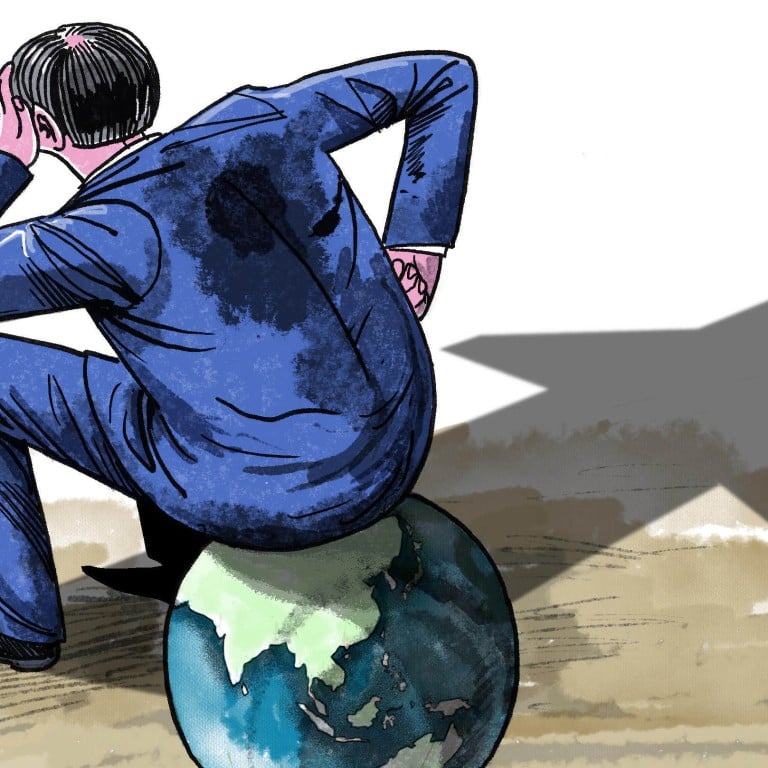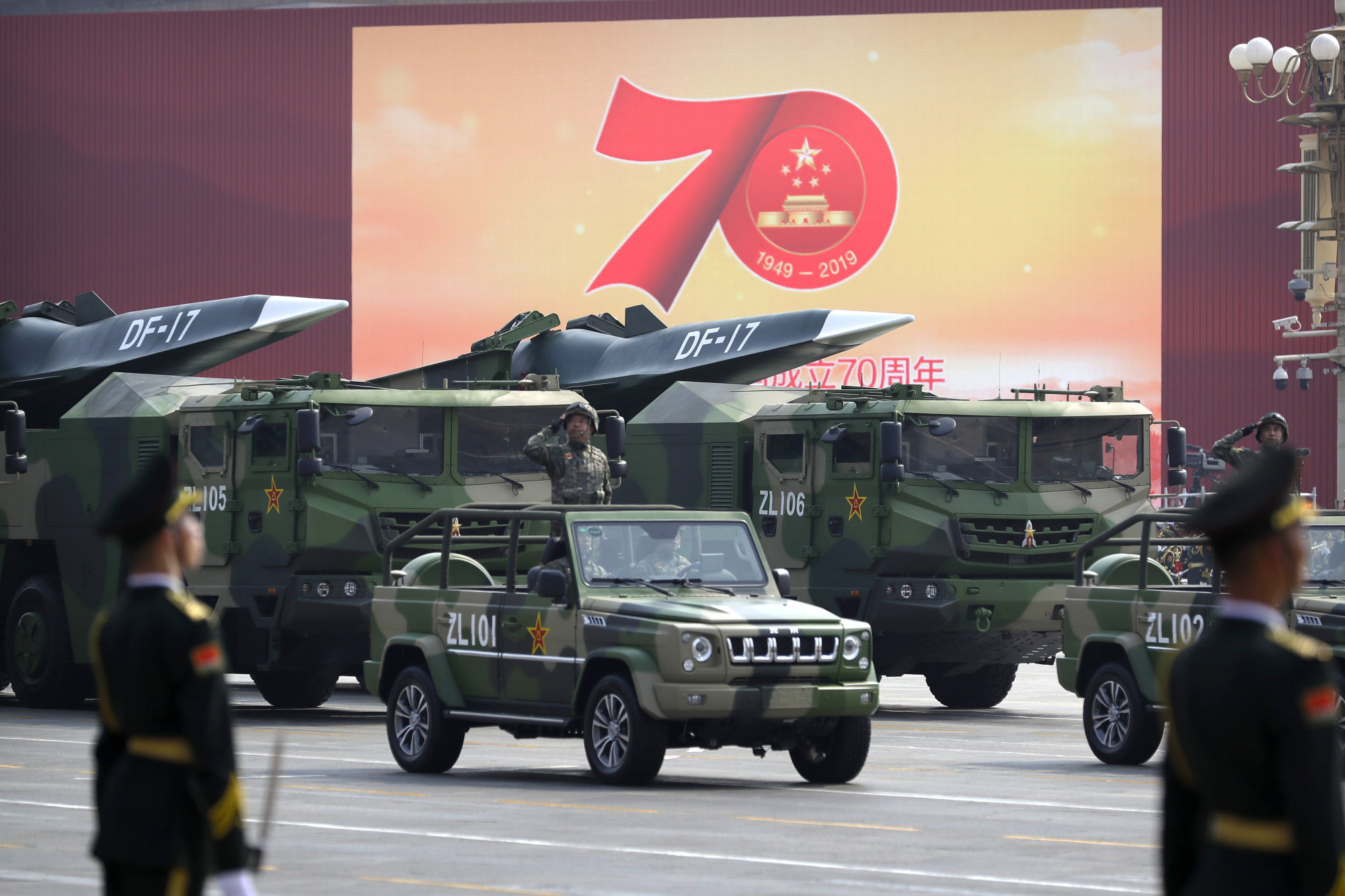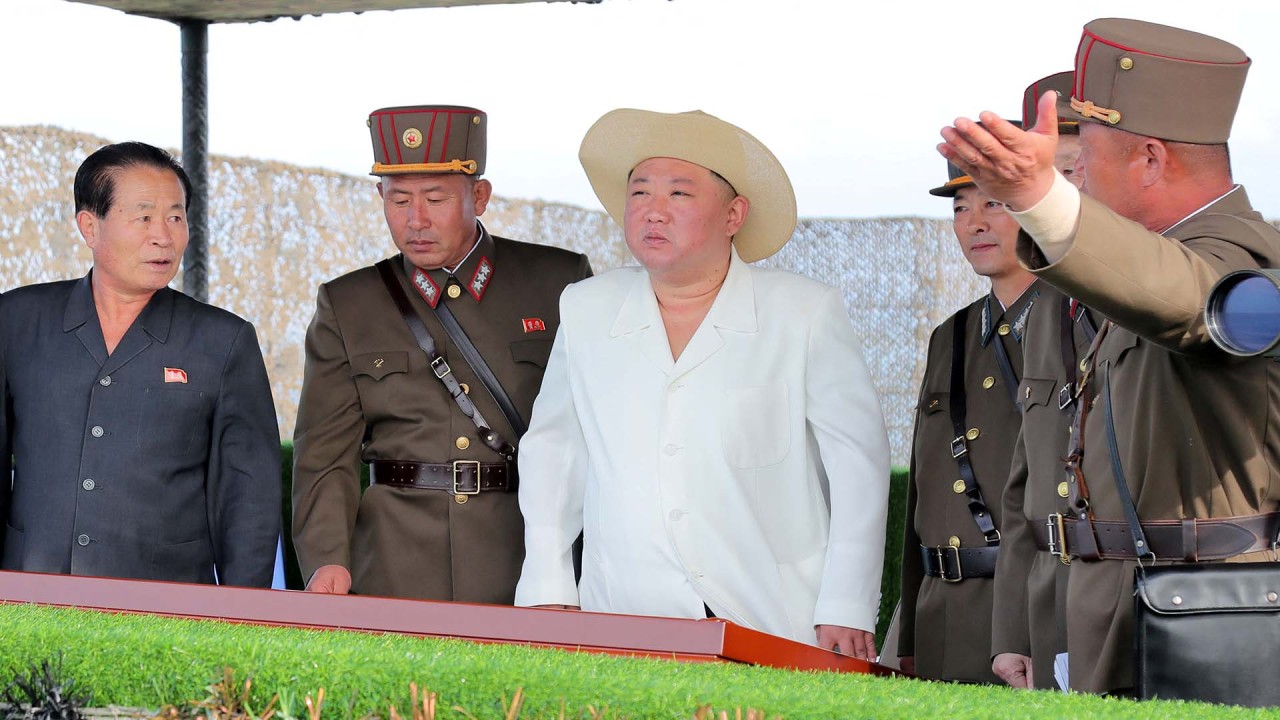
Worrying revival of interest in nuclear weapons in China and South Korea
- The narrative is changing in China as its nuclear programme is increasingly tied to national rejuvenation, and in South Korea where there is overwhelming support for a nuclear defence against the North
- The value of nuclear restraint needs to be promoted and supported to avoid greater insecurity
Unfortunately, three decades on, there is a revival of interest in nuclear weapons within Northeast Asia. This revival is clearly visible in China, where a build-up of strategic forces is under way.
Beyond new technology, a less-well-documented discovery is that the domestic narrative around the atomic bomb is changing. Once of little public interest, the scientific story of China’s nuclear weapons programme is now enthusiastically commemorated by the Communist Party.

In essence, nuclear commemoration bolsters a wider political narrative around China’s national rejuvenation and greatness that has become a hallmark of Xi’s leadership.
On the other hand, South Korea continues to rely on extended deterrence from the American nuclear umbrella, though there have been concerns over the credibility of this nuclear promise for decades.
As recently as last month, Yoon reaffirmed the official position that South Korea would remain non-nuclear. That the statement was needed in the first place was telling.
Why does domestic discourse around the atomic bomb matter? In China, where the bomb has for many years not featured high on the public agenda, a new level of importance afforded to its nuclear past may have implications for its future, tying the Communist Party elite more closely to the bomb in their vision of China as a great rejuvenated power.
A more invested public also adds a layer of pressure on government delegations in any future negotiations over arms control, nuclear reduction or verification.
For a non-nuclear weapons state such as South Korea, domestic appetite for the bomb directly undermines the positive image of an Asian middle power that has long supported nuclear restraint and responsibility, most notably when it hosted the Nuclear Security Summit in Seoul in 2012.
How should others respond to these new domestic dynamics away from nuclear restraint? Several ideas have been floated. One is that the United States should create an Asian Nuclear Planning Group, bringing Australia, Japan and South Korea into the US nuclear planning processes. While this may be a useful tool for the US, the question remains whether it is equally good for all US allies.
What all these responses have in common is that they actively or passively help reinforce a move away from nuclear restraint. What space is there in these ideas to talk about the growing risk of accidents and misuse, or how to manage nuclear security and safeguards? These things matter for Northeast Asia, where the prospect of major conflict, whether with North Korea or China, grows every month.
The disturbing domestic turn away from nuclear restraint in East Asia does not need nourishment or support from others. Rather, the value of nuclear restraint needs to be promoted and supported. Failure will result in a more militarised and insecure region, further locked out of nuclear restraint. Cooler heads are not prevailing on nuclear matters in Northeast Asia right now, and we should all be concerned.
Dr Nicola Leveringhaus is senior lecturer in the Department of War Studies, King’s College London. She specialises in nuclear weapons issues in Northeast Asia, especially China

.jpg?itok=27amKM0E&v=1666489668)

